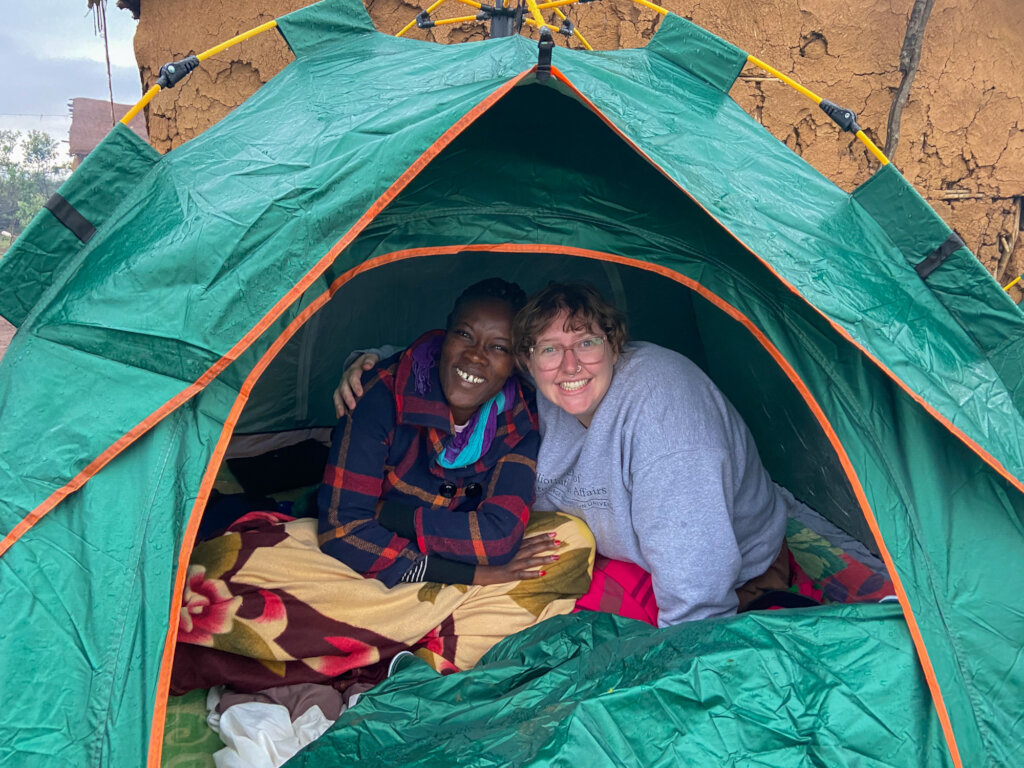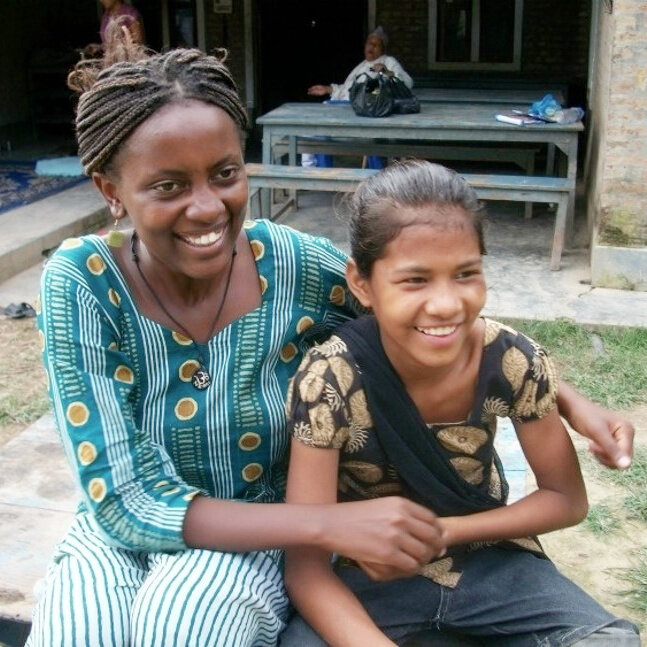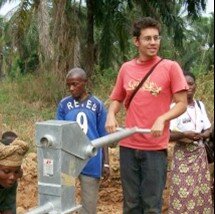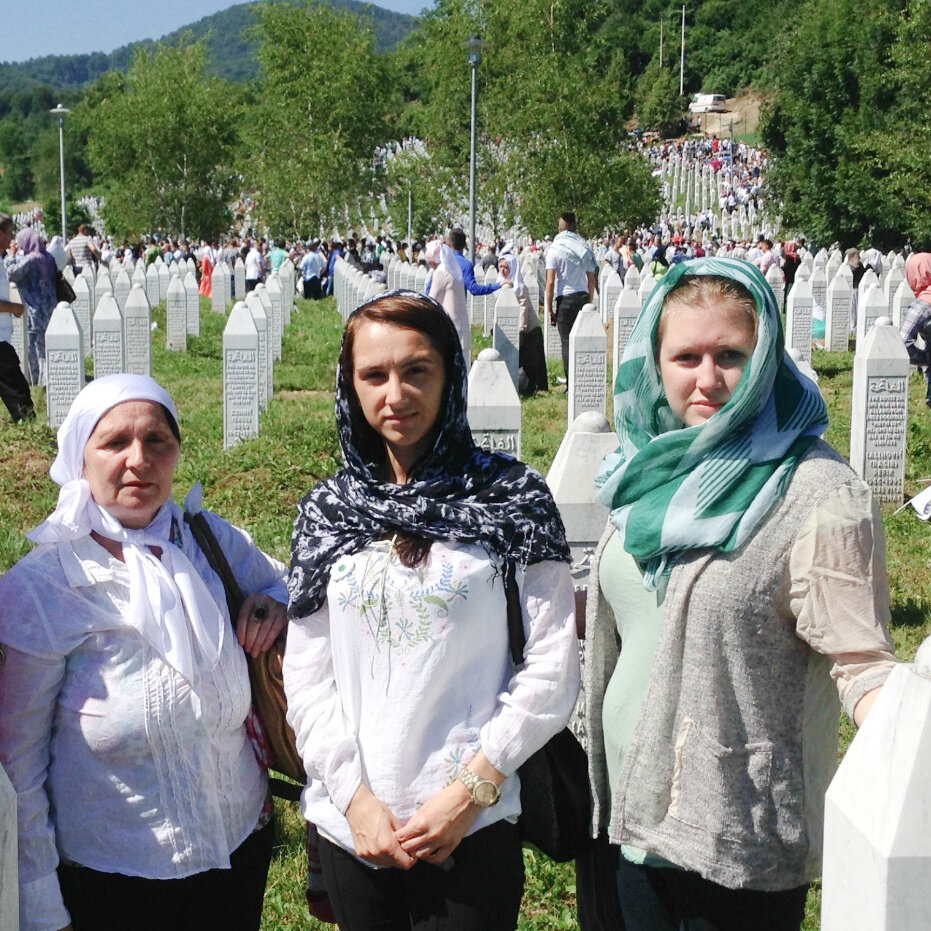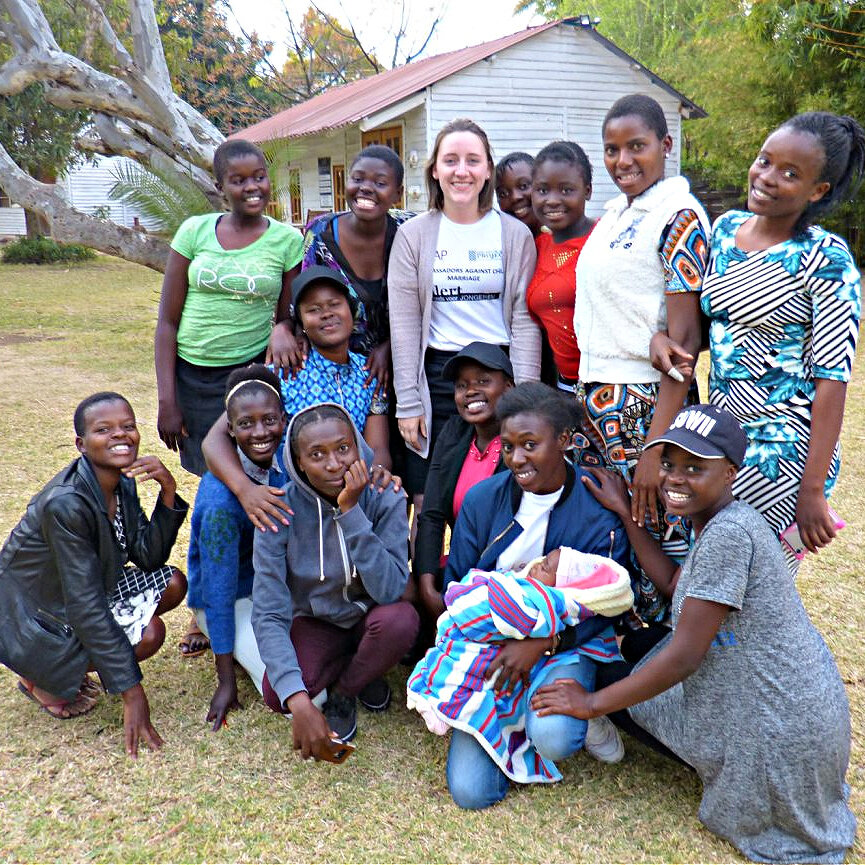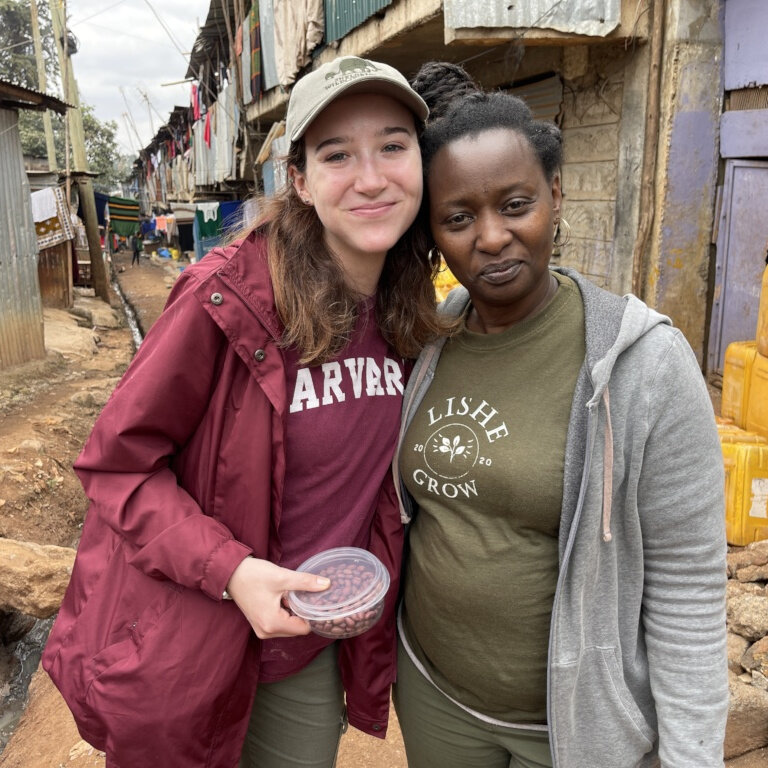By Iain Guest | Project Coordinator
Catalysts for Social Change
This report is going to 279 friends of The Advocacy Project who have donated $82,5610 to our fellowship program through GlobalGiving since 2015. This included $18,370 that reached us on Giving Tuesday (November 28) last year. We are enormously grateful.
This is the time of year when we start recruiting Fellows for the summer, so it might help if I explain our 2024 work plan and show how Fellows will contribute.
*
This year we will again take on several very tough issues, including climate change and conflict in Northwest Kenya; pollution and food insecurity in the informal settlements of Nairobi; the struggle by Burma’s ethnic nationalities against dictatorship; a crisis of hygiene and enrolment in the primary schools of northern Uganda; malaria among tribal people in India; and the threat to girls in Zimbabwe from early marriage.
Challenges like these may seem daunting, but they can be overcome by communities that are motivated to produce change precisely because they are directly affected. Indeed, the pressure only spurs them to be more creative.
Our contribution at The Advocacy Project is to give these communities a nudge by providing friendship, start-up funding, ten weeks of support from a talented graduate student (Peace Fellow), and a vision for long-term change. Our initial investments are small - last year we transferred $54,000 to 13 partners from our core program. But if a start-up takes hold, as most do, we will raise funds for a program for up to five years.
We hope to support at least ten partners in 2024. Some projects will be new and take the form of start-ups. For example, we hope to launch a start-up for Badi women in Central Nepal who were condemned to prostitution by Nepal’s caste system. Caste is illegal in Nepal but the legacy of discrimination lives on. We also hope to work with Burma’s ethnic peoples for the first time.
Most of our 2024 programs, however, began as start-ups some years ago and are well known to us. They may even be familiar to you from appeals we have posted on their behalf on GlobalGiving. (If you donated, a double thanks!).
*
I wan to single out five programs that are beginning to produce real change in their communities and have benefitted from the work of Peace Fellows:
* Early marriage in Zimbabwe: Over a third of all Zimbabwean girls marry early. Our 2018 Fellow Alex (Columbia University) showed that this was linked to poverty. The following year McLane (Fletcher School 2019) helped our partner come up with a practical solution and developed a start-up to help girls earn money from soap. Dawa (Texas A&M 2022) helped to turn the soap project into a business that now provides 98 girls with a monthly income of over $50. Not one has married under the legal age.
* Pollution and food insecurity in Kibera, Kenya: This program began in 2021 with a long-distance friendship between Stella, our partner in the Kibera settlement, and Delaney, a Peace Fellow at the University of Southern California. Together, they developed a composting start-up for single mothers. In 2023 the women composted over 4.2 tons of food waste, erected kitchen gardens from recycled jerry cans, and used the compost to grow vegetables. This year's Peace Fellow will help Stella take her composting model into schools.
* The WASH crisis in Ugandan schools: Our interest in WASH was piqued by a 2011 blog from Rebecca (University of Maryland) - "The inaccessible toilet: when nature calls and society hangs up” - which described what the lack of sanitary services means to Ugandans with a disability. Based on this, we raised funds to help the Gulu Disabled Persons Union install accessible toilets at a primary school. GDPU has since put a WASH package (accessible toilets, girls' changing rooms and hand-washing) into six schools with a population of over 10,000 students. Our 2024 Fellow will work at a seventh school this summer.
* The threat from malaria to tribal people in India: Blogs have also played a role in steering another successful program, run by Jeevan Rekha Parishad (Lifeline) in Odisha state, which protects pregnant tribal women against malaria. Rohit, our Peace Fellow in India, has written several fine blogs about the impact of traditional tribal practices on malaria. Some practices (like witchdraft) are dangerous, but others can help. For example, tribal people use oil from a local tree (the Neem) as a mosquito repellent. We will fund a start-up to help tribal women produce and sell the oil. We hope our 2024 Fellow will help.
* Reducing conflict and building resiliency against climate change among pastoralists in Northwest Kenya: This year we will again work with Children Peace Initiative Kenya (CPIK), a partner since 2015. Five Fellows have volunteered at CPIK and made incredible contributions. Talley (George Washington, 2017) visited the villages and helped to secure a generous grant from Germany. Julia (George Washington University 2022, top photo) helped to launch two start-ups for warriors and women from the Pokot and Samburu tribes. Our 2024 Fellow will pick up on one of Julia's ideas and help warriors share pasture land during drought.
I want to finish this review of our Fellows by acknowledging the expanding role of undergraduate and high school Fellows here in the US. Three Fellows currently lead composting teams at their schools. Another three produce and sell soap to support the education of the girls in Zimbabwe. High school students bring excitement, spontaneity and unpredictability to our work and keep us all on our toes!
*
It goes without saying that our fellowships are not be easy. This is why we need people who can work effectively in a tough environment, adapt to the unexpected, be innovative, get deep into communities and make friends easily. This last may be the most important, because all of our partnerships are based on strong friendships. We offer some examples in the accompanying photos.
Those who take the plunge gain invaluable experience. Working in Kibera (Kenya) last year was Caitlin’s first experience of Africa. On return she applied to join the Peace Corps. Julia, who preceded Caitlin in Kenya in 2022, recently joined USAID. Dawa (Zimbabwe 2022) will shortly take up a position at USAID.
Four former Fellows sit on our Board and make sure we remain invested in our fellowship program. We also stay in touch with many past Fellows - and some even donate to our appeals on behalf of their former hosts.
We are proud of them all!
*
I end with the terrible conflict under way in the Middle East. Between 2003 and 2015 we sent 16 Fellows to work with partners in the Occupied Palestinian Territory and Israel. Our goal was to support civil society on both sides of a highly polarized conflict. Finding middle ground was difficult back then and is of course a lot more difficult today.
You can find the blogs of our Fellows here on our website. For the most part they make depressing reading, but they also show people who are brave, determined and resourceful in both Israel and Palestine. When this current crisis abates, as it will, civil society will emerge as one of the best hopes for a sustained peace. We salute our former partners and the students who worked at their side.
Our next report is due in May, at which time our summer Fellows will be packing their bags to leave. Our deepest thanks to you all for making it possible!
Iain and the AP team.
Project reports on GlobalGiving are posted directly to globalgiving.org by Project Leaders as they are completed, generally every 3-4 months. To protect the integrity of these documents, GlobalGiving does not alter them; therefore you may find some language or formatting issues.
If you donate to this project or have donated to this project, you can recieve an email when this project posts a report. You can also subscribe for reports without donating.
Support this important cause by creating a personalized fundraising page.
Start a Fundraiser